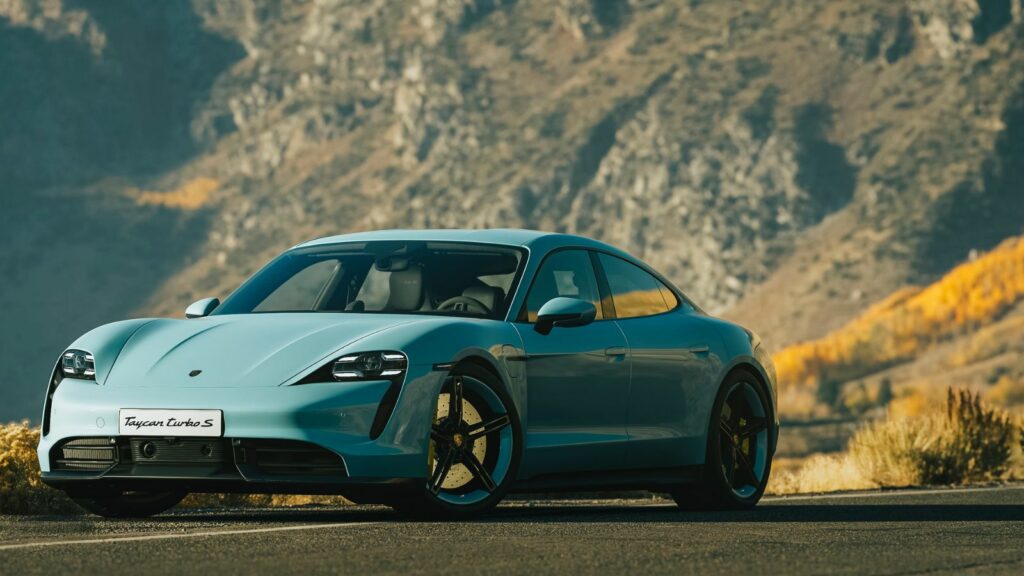Electric vehicles promised trouble‐free driving and low maintenance. Sadly, some models have proven the opposite. Reliability surveys, customer reports, and automotive reviews identify EVs that frequently frustrate owners. Here are ten vehicles that consistently top the most unreliable lists in Canada and beyond.
Tesla Model 3 and Model Y

Tesla’s Model 3 (introduced in Canada in 2019) and Model Y (delivered starting in 2021) regularly appear near the bottom of reliability surveys. Owners have reported touchscreen failures, sudden unintended acceleration incidents, phantom braking, and recurring build quality flaws such as misaligned panels and trim gaps. Many recall drives and software updates have tried to fix issues, but service delays and inconsistent fixes remain common. Consumer Reports labels Tesla as one of the least reliable brands in 2025, and despite owner loyalty the frequency of faults is striking.
Cadillac LYRIQ
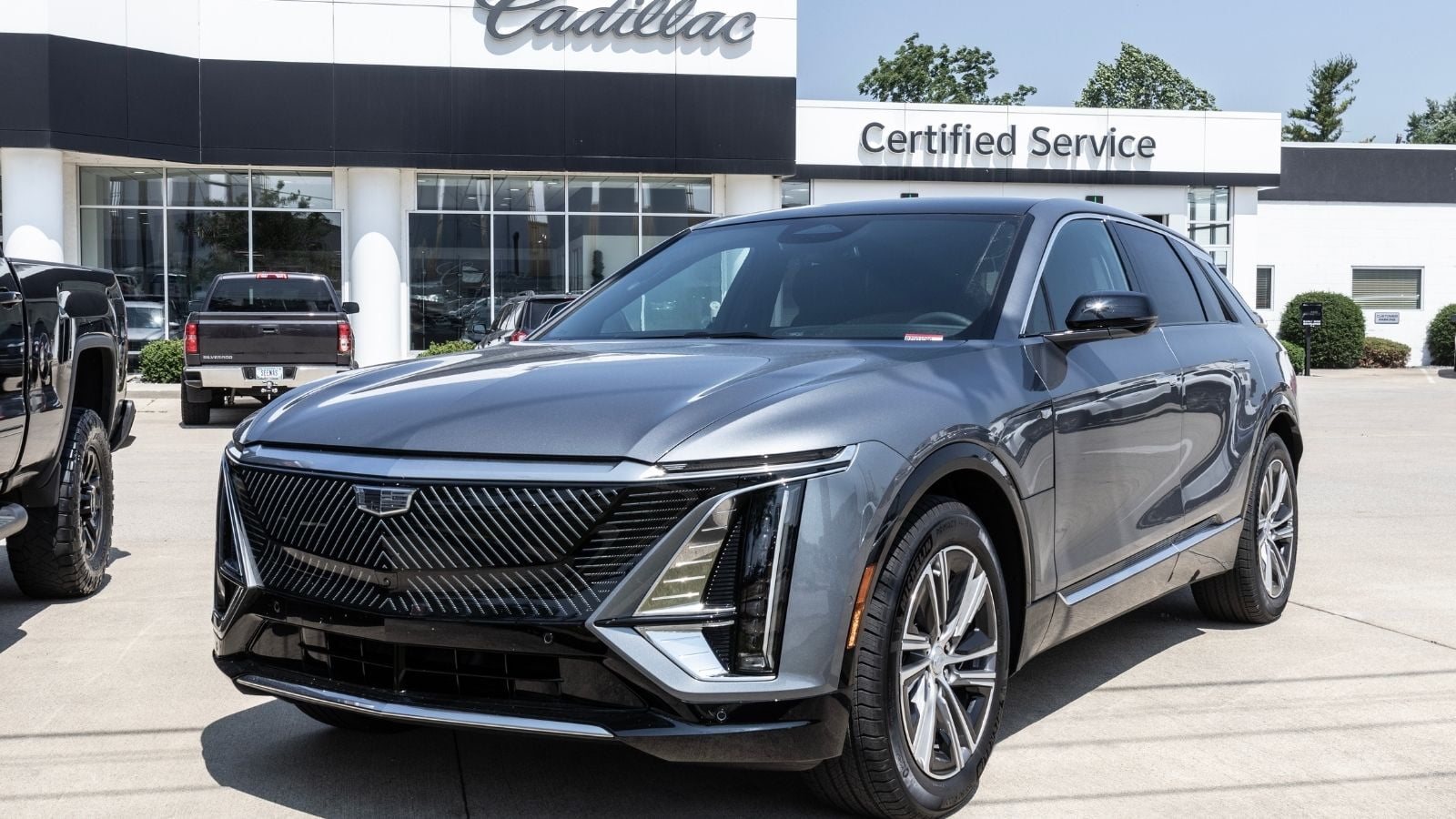
Cadillac’s all-electric LYRIQ (launched in late 2022) aimed to blend luxury with modern EV convenience. Yet its predicted reliability score from US News in early 2025 was just 53 out of 100. Owners report frozen screens, interrupted charging cycles, and Bluetooth or voice control bugs. Some luxury buyers described it as performing worse than GM’s mass-market models. Even though Cadillac promises future updates the LYRIQ’s early reputation for unreliability continues to frustrate premium EV shoppers.
Volvo EX90
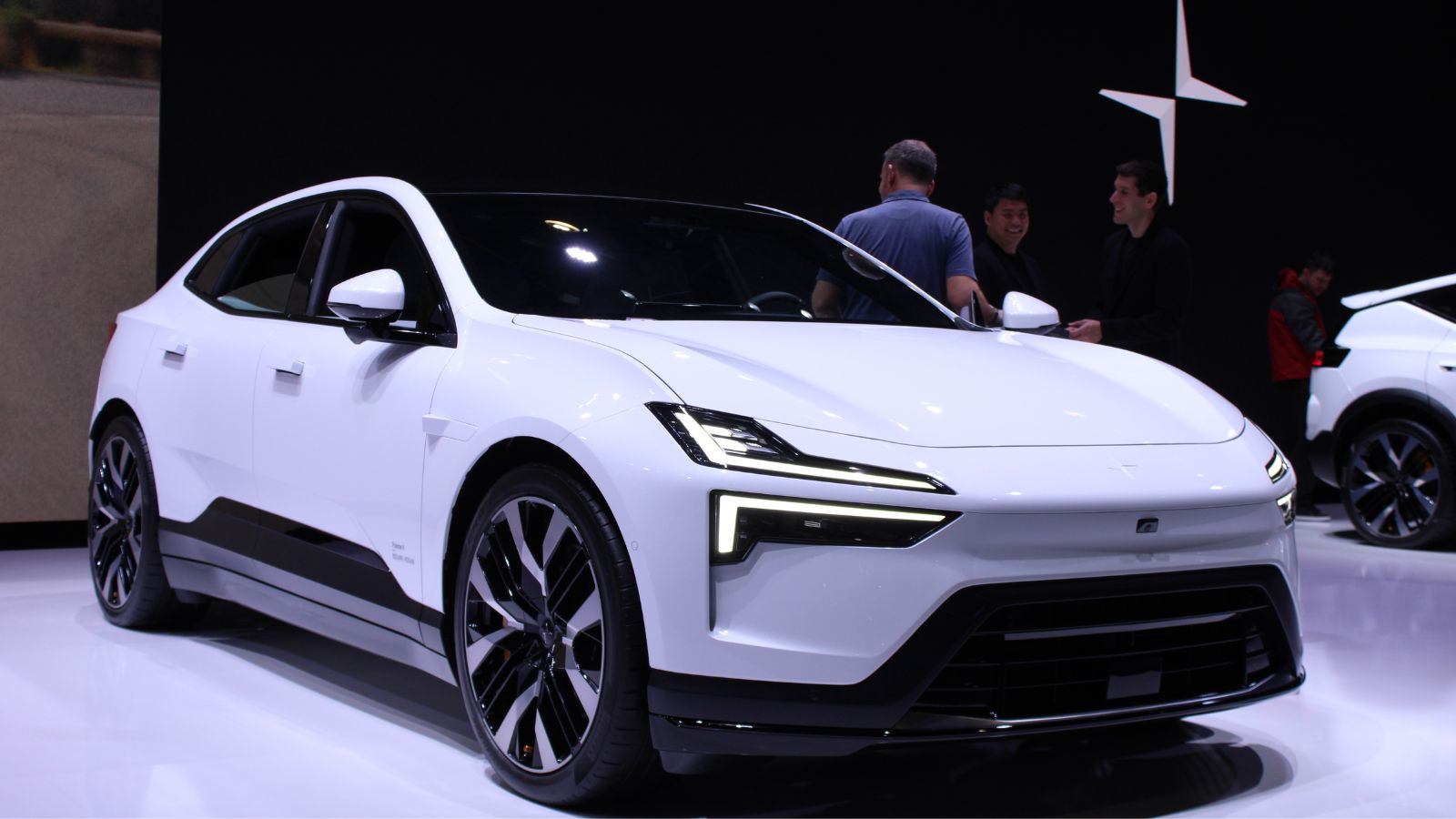
Debuting in Canada in 2024, the EX90 repositioned Volvo toward high tech electric SUV territory. But many Canadian owners logged multiple complaints: blank displays, climate control inconsistencies, unstable traction control, and even sudden complete loss of driving power at highway speeds. A forum maintained by an affected owner revealed serious faults that prompted safety concerns. Despite Volvo’s lifetime warranty offers the unresolved build issues make the EX90 one of the most scrutinized new EVs today.
Rivian R1T and R1S
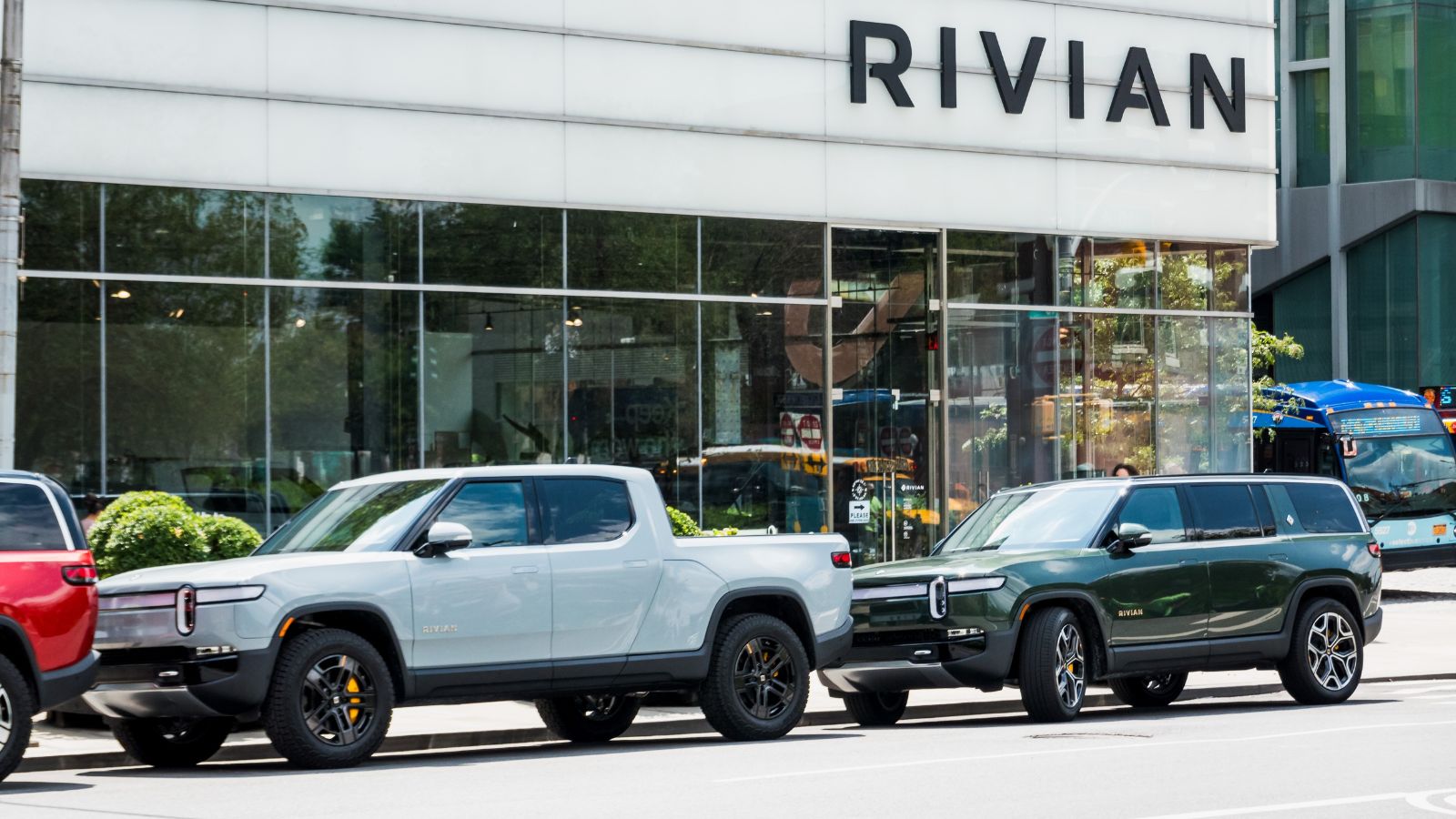
Rivian’s debut R1T pickup (2022) and R1S SUV (2023) promised adventure with all-wheel drive and robust off road performance. Yet early reliability ratings from Consumer Reports in 2025 placed Rivian dead last among all automakers. Issues include random system shutdowns, faulty suspension pumps, water intrusion into interiors, and mysterious software resets. Many owner stories involve vehicles being sidelined for weeks as parts and service backlogs confound even basic updates. Enthusiasm remains high but frustration is equally loud.
VinFast VF 8
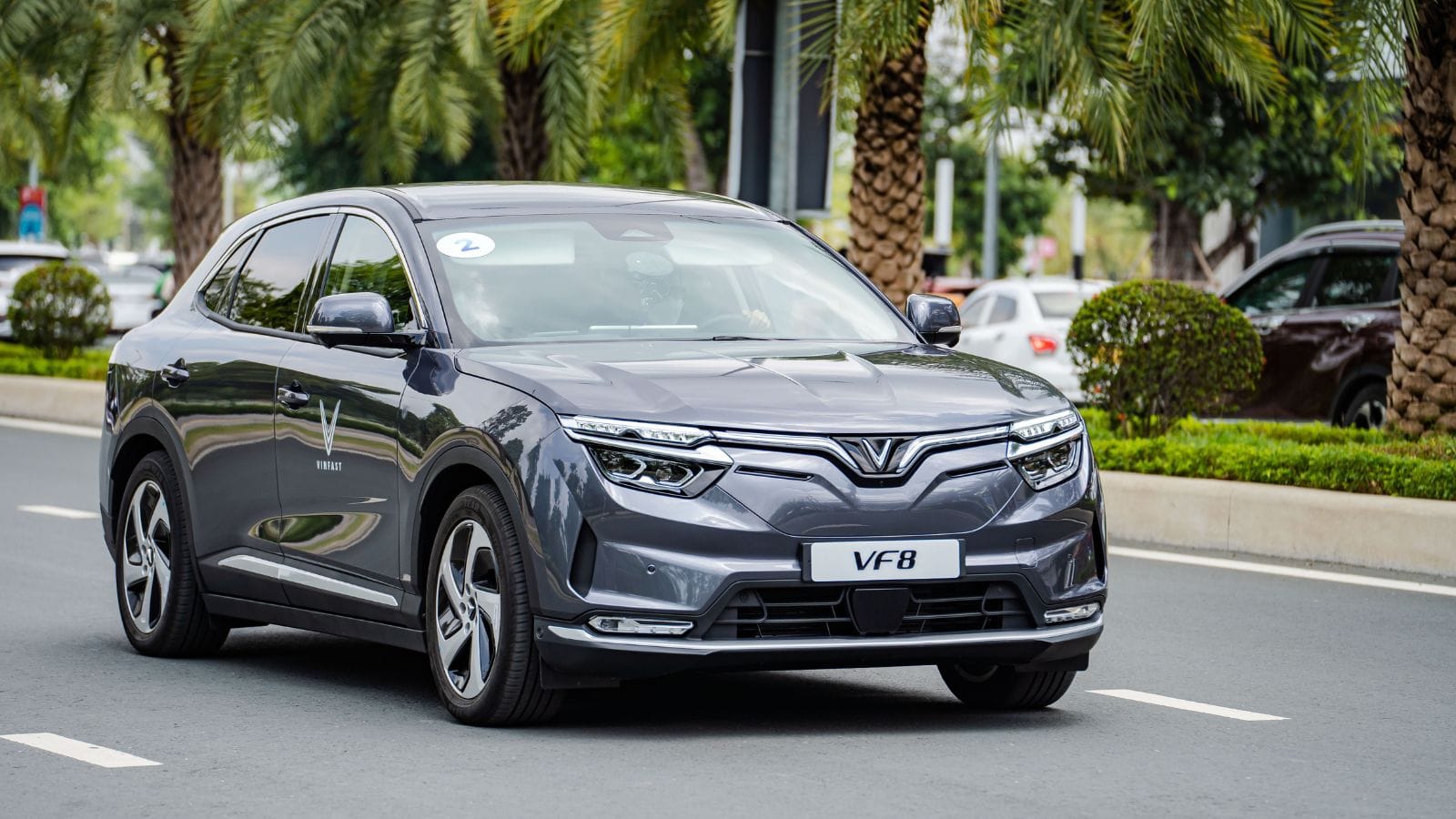
Vietnam’s VinFast introduced the VF 8 EV in Canada in 2023. Reviewers from MotorTrend, Green Car Reports, Jalopnik, and Car & Driver criticized it heavily for inconsistent brakes, vague steering, firm suspension, and flimsy construction. Buyers also reported driver assistance glitches, media system crashes, and poor alignment between displays and functions. Although VinFast offers an extended warranty many buyers feel the car was rushed to market before it was truly ready. Early reliability scores remain dismal.
Toyota bZ 4X (known now as Toyota bZ)

The bZ 4X rolled into Canadian showrooms in 2023 as Toyota’s first mass-market electric SUV. Reliability complaints include extremely slow fast charging capabilities in earlier software versions and limitations on charging frequency under certain climates. Some owners noted their EV charging systems would derate after repeated top ups in cold temperatures. The frustration: a Toyota with lower charging performance than many older EVs, making the nameplate a surprise in the wrong way.
Hyundai Kona EV
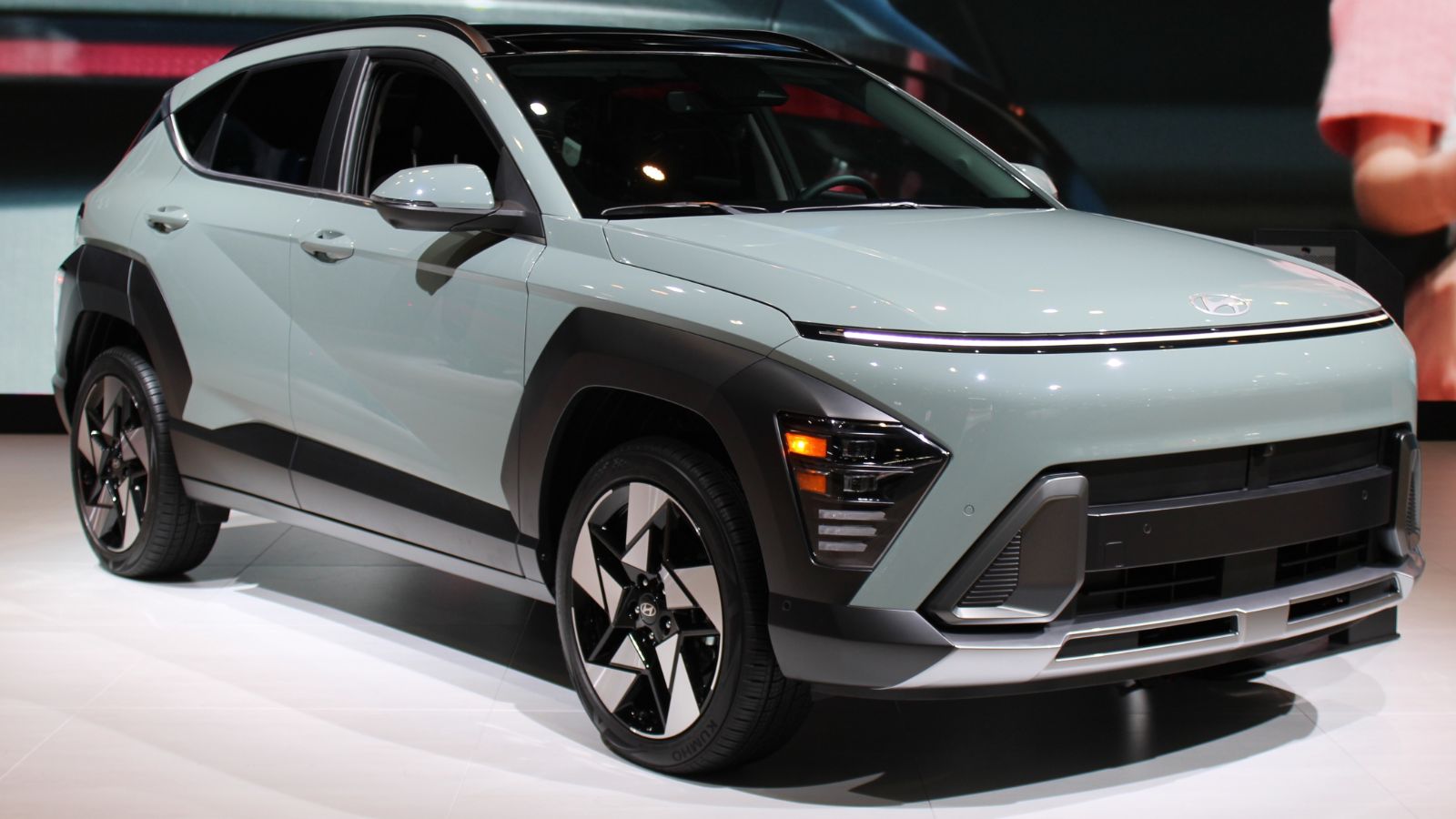
Despite strong sales in 2020 and 2021, the Kona EV gained a tarnished legacy after a spate of battery fires in cold weather environments. Recalls affected thousands, and Ontario and Quebec owners described battery range degradation, sudden power loss, and in-cabin electrical issues. Software patches helped salvage some units but trust had already eroded. Even today many Canadian winter users hesitate before buying a used Kona EV due to lingering reliability concerns.
Fisker Ocean
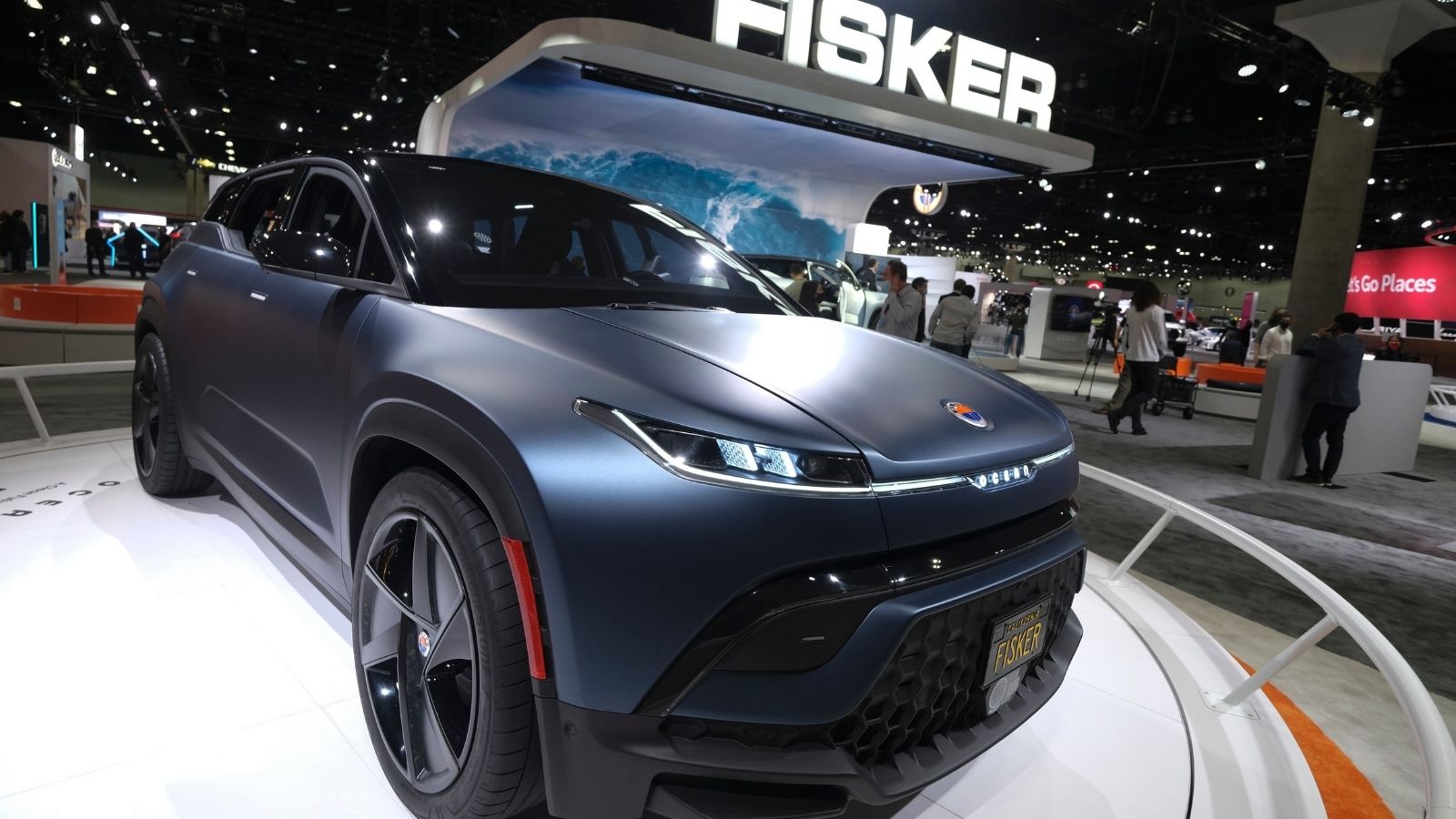
Fisker’s electric SUV launched in Canada in early 2024 amid high expectations. By mid‑2025, countless recalls had surfaced including safety issues like unplanned braking events, motor cutouts, and dash screen failures. Reuters reported more than 18,000 vehicles recalled globally after early lashbacks from owners and regulators. Though the design drew praise the execution failed. Many who preordered cite delivery delays, inconsistent quality, and spotty support as signs of haste over polish.
Volkswagen ID .4
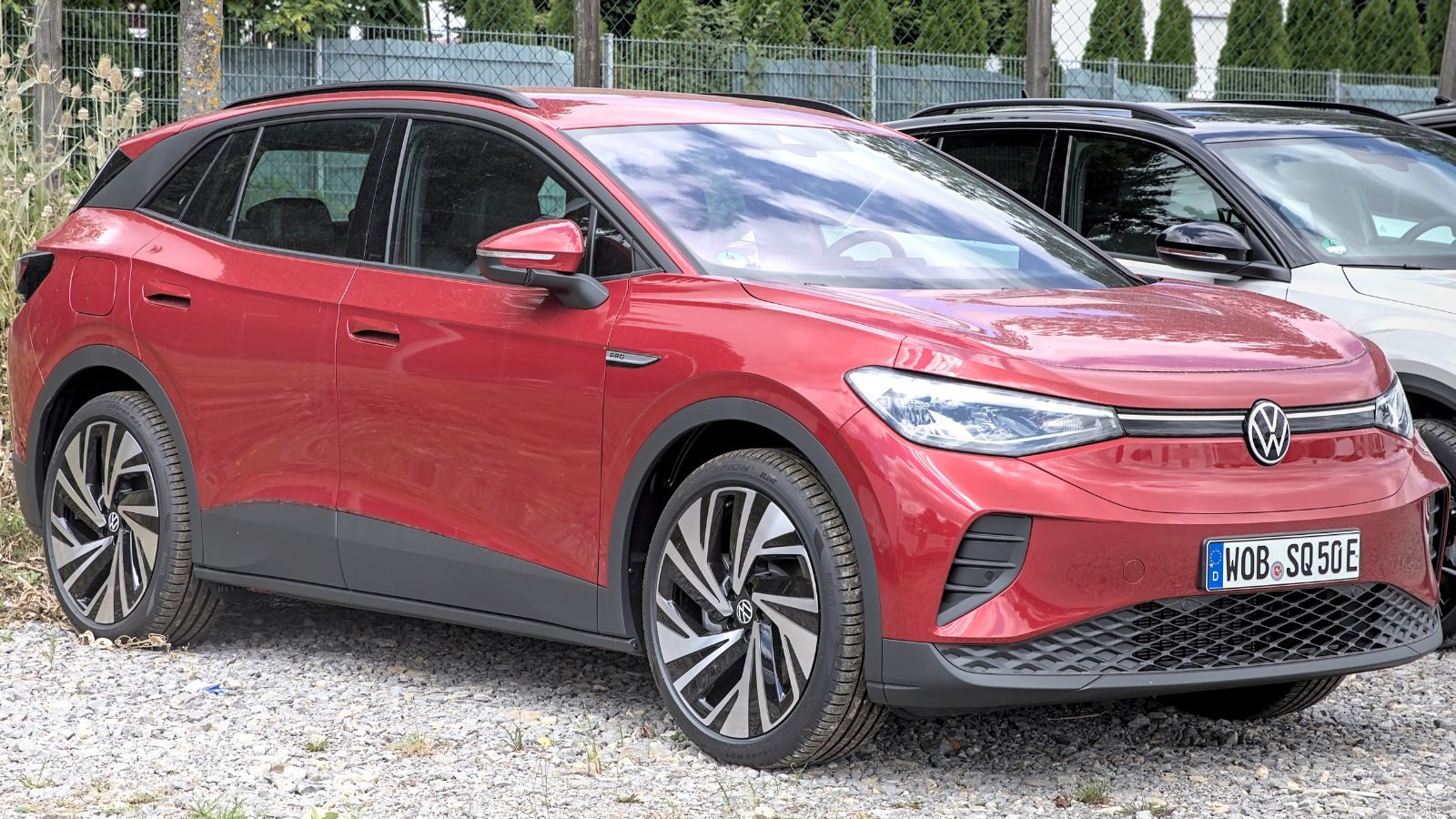
The VW ID .4 entered Canada in 2021 with VW’s signature comfort and build reputation. But reliability ratings dipped in 2025 after recall notices due to battery overheating risks and faulty wiring in some shipments. Other complaints centered on inconsistent range estimates, unexplained software warnings, and bugs with VW’s infotainment updates. VW’s reputation took a hit as the ID .4 did not meet the German brand’s usual quality reliability standards.
Porsche Taycan
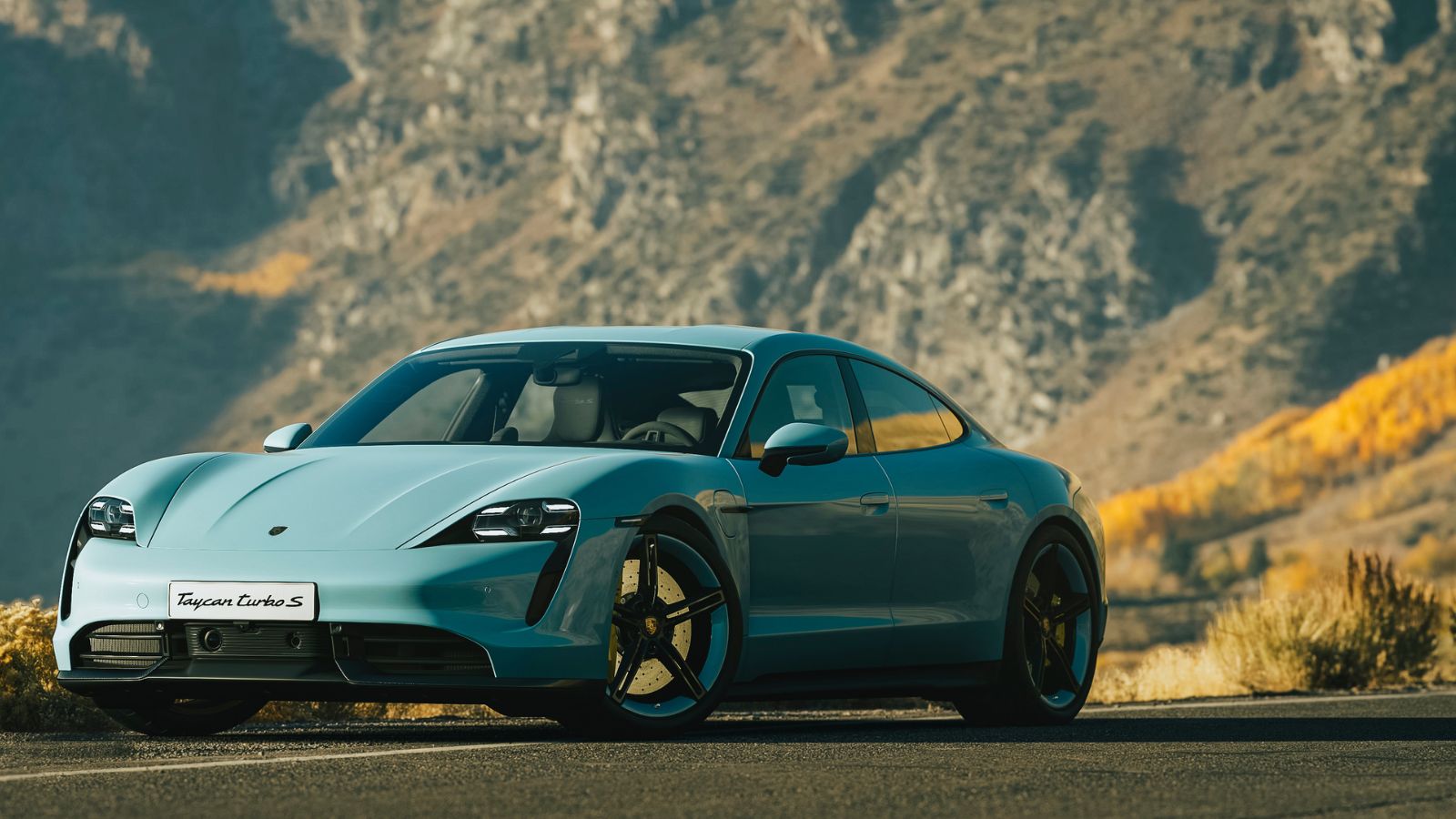
Introduced in Canada in 2020, the Taycan redefined performance EVs—but reliability remains an issue. What Car ranked it last among twenty EVs due to braking concerns, battery system errors, and software failures. Owner forums mention expensive repairs and rare but serious drive system lockouts. Considering the price premium the Taycan commands some buyers consider the reliability tradeoffs harder to accept than with other luxury sports EVs.
21 Products Canadians Should Stockpile Before Tariffs Hit

If trade tensions escalate between Canada and the U.S., everyday essentials can suddenly disappear or skyrocket in price. Products like pantry basics and tech must-haves that depend on are deeply tied to cross-border supply chains and are likely to face various kinds of disruptions
21 Products Canadians Should Stockpile Before Tariffs Hit
